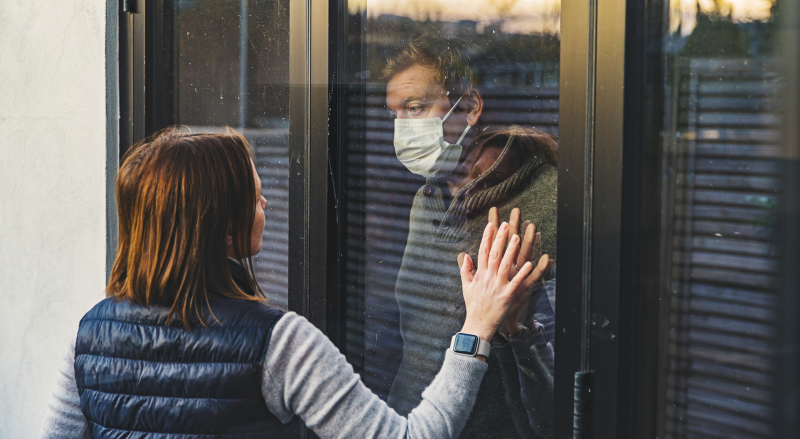
United Way should be defined not by what we have done, but what we are doing and will do.
As a career United Way employee, I deeply value United Way’s history and successes. But COVID-19 is changing the way the world works. As a result, United Way must accelerate our ongoing transformation.
I’m proud of how the United Way network has responded to the pandemic. Working with partners old and new, in communities large and small, we’ve helped people find the resources they need in this incredibly difficult time.
To date, we’ve launched national and local recovery funds across more than 600 United Ways from North America and Europe to Asia, Africa and Latin America. We’ve received support from traditional partners like UPS and newer ones like Draft Kings. We’ve also unveiled innovative cause marketing campaigns with companies such as Cottonelle designed to rally people around community needs.
These successes are an outgrowth of our ongoing transformation. For several years, we’ve known that individuals, whether through their employers or on their own, want to be more involved in giving back to their communities. Simply donating is rarely enough. It’s also no secret that more people live their lives on digital platforms, and that organizations must meet individuals where they are to create greater impact and grow their audiences.
Amid this crisis, United Way is showing how far we’ve come – and the difference we can make when we innovate and expand our horizons.
On April 7th, United Way participated in Hope From Home, a 12-hour livestream event hosted primarily by a leading YouTube influencer with more than 25 million global followers. Facilitated by the online fundraising platform Tiltify, the event raised more than $1.8 million from donors in 133 countries.
But that’s the tip of the iceberg. In recent weeks, we partnered with BET to support communities of color, made Salesforce.org Philanthropy Cloud free until the end of September to help more people get involved, and become a beneficiary of GoFundMe’s COVID-19 fund. And we’re receiving the proceeds from the auctioning of a last-of-its-kind Porsche 911.
Those are just a few examples at the national level. Locally, United Way of Greater Los Angeles co-hosted a virtual Te’LA’thon, while others are bringing story time to kids at home and working with the Public Education Foundation to 3D-print filtered face masks for health care workers.
Innovation at United Way is now taking another step forward. We’re launching COVID-19: Invisible Problems. We are all deeply saddened that the virus is causing tragic loss of life, lost jobs and severed connections. But COVID-19 is also creating numerous problems that could go unnoticed, such as the loss of a support group that helps people manage addictions. One challenge often leads to another.
As part of Invisible Problems, United Way’s Innovation Team is creating a new digital platform that will allow users to submit, prioritize and solve problems through crowdsourcing. It’s a new way for us to engage people in the issues they are facing in their communities and help solve them collectively using today’s tools. To that end, tell us what you’re hearing and seeing in your communities. Visit unitedway.ideascale.com and submit a problem that needs our attention.
Our work isn’t an outgrowth of this difficult moment. Rather, it’s an outgrowth of a specific strategy to emphasize innovation, unique partnerships and digital transformation across our network.
United Way – and the nonprofit sector more broadly – can’t turn back now. After the immediate COVID-19 crisis fades, individuals and communities will be far more digital. If we can continue to build new bridges between community need and resources, and engage leading companies and platforms in this process, we’ll be able to lead society’s response, recovery and rebuilding from COVID-19.
Only by innovating and transforming will United Way live up to our mission, our history and our responsibilities to communities. I’m confident that our current path will allow us to help create a new normal in our society where all individuals and communities have the resources and opportunities that they need to succeed.




